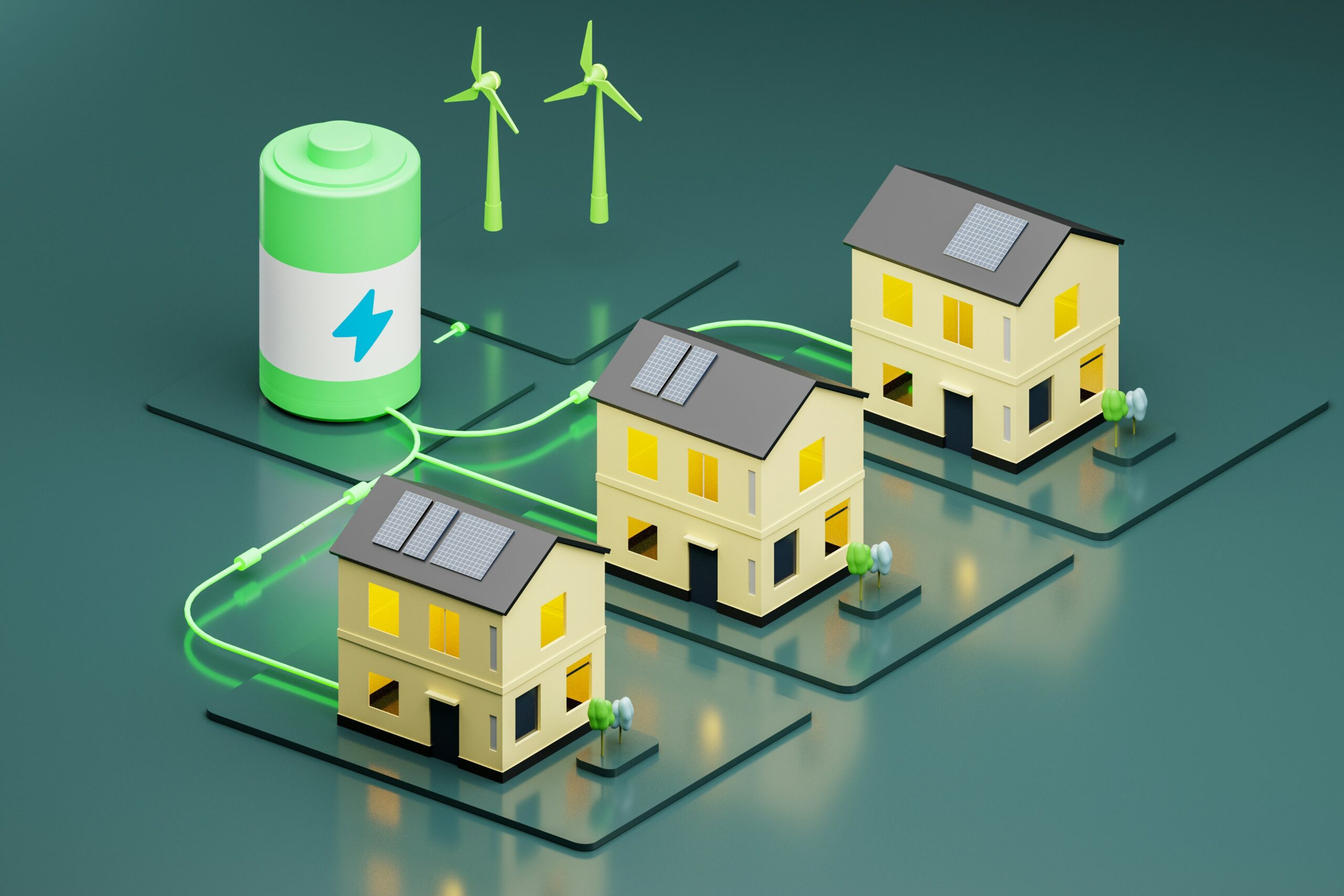
In recent years, the global energy landscape has undergone significant transformation. As the world confronts the dual challenges of climate change and growing energy demand, advanced energy solutions play an increasingly important role in shaping the future. From renewable energy sources like solar and wind to innovations in energy storage and grid management, these solutions contribute to a greener future and reshape global markets. The growing adoption of advanced energy solutions impacts industries, economies, and consumers, bringing about profound changes worldwide.
The Rise of Renewable Energy
Renewable energy sources, such as solar, wind, and hydropower, have seen dramatic advancements in technology and deployment over the past decade. These energy sources are pivotal to reducing carbon emissions and combating climate change. As costs for renewable energy technologies continue to fall, solar panels and wind turbines have become increasingly accessible for large-scale utility projects and residential installations. For example, solar panels’ efficiency has significantly improved, making solar energy more competitive with fossil fuels in many regions.
As a result, markets worldwide are beginning to pivot toward cleaner energy. Recognizing the long-term benefits, governments are incentivizing the transition to renewable energy, driving investments in infrastructure and technology. This shift has substantially affected the global economy, especially in energy-producing countries. Nations that once heavily relied on fossil fuels are now investing in green technologies, diversifying their economies and increasing their competitiveness in the global energy sector. Not only does this help mitigate the environmental impacts of fossil fuels, but it also strengthens energy security by reducing dependence on foreign oil and gas.
Energy Storage and Grid Modernization
One of the significant challenges of renewable energy is its intermittent nature. Solar and wind energy production can fluctuate based on weather conditions, which makes energy storage and grid management crucial for reliable energy delivery. Fortunately, advances in energy storage technologies, particularly batteries, are addressing this issue. Lithium-ion batteries, in particular, have revolutionized the energy storage market, enabling utilities and businesses to store excess renewable energy for use during periods of low generation.
The impact of these advancements in energy storage is profound. Energy storage systems are becoming integral to modernizing existing power grids and creating new smart grids. Engineers design these grids to be more flexible, responsive, and capable of managing distributed energy resources. By leveraging cutting-edge technology, energy storage ensures that renewable energy integrates efficiently into national grids without compromising reliability. This change is pushing forward a new era of grid management that prioritizes efficiency and sustainability, creating new opportunities in energy markets worldwide.
The Shift Toward Decentralized Energy Systems
Another notable trend in advanced energy solutions is the shift toward decentralized energy systems. Historically, energy generation and distribution have been controlled by large utility companies. However, the rise of distributed energy resources, such as rooftop solar panels and home-based wind turbines, empowers consumers to produce electricity. This decentralization of energy production has disrupted traditional energy markets, leading to increased competition and more significant innovation within the industry.
Increased adoption of decentralized energy systems offers challenges and opportunities for global markets. On one hand, utilities must adapt to a more fragmented energy landscape, which may require significant changes in how they manage and distribute electricity. On the other hand, consumers now have more control over their energy production and consumption, potentially lowering their energy bills and enhancing energy security. The economic implications of this transition are significant as new business models emerge and energy markets become more diversified. For example, peer-to-peer energy trading platforms are gaining traction, enabling individuals and communities to buy and sell energy directly, bypassing traditional utility companies.
The Role of Government Policies and International Collaboration
Government policies play a critical role in shaping the future of advanced energy solutions. In many countries, governments have implemented subsidies, tax incentives, and regulatory frameworks that support adopting renewable energy and energy-efficient technologies. These policies are essential for accelerating the transition to clean energy, as they provide the financial incentives and regulatory clarity that businesses and consumers need to invest in green technologies.
Moreover, international collaboration is driving the global transition to advanced energy solutions. Multilateral organizations, such as the United Nations and the International Energy Agency, facilitate cooperation between countries to share knowledge, resources, and best practices. These collaborations help ensure that the benefits of advanced energy solutions are distributed equitably across regions, especially in developing countries where energy access is still limited. The global nature of the energy transition underscores the importance of collective action as countries work together to achieve sustainability goals and address the challenges of climate change.
The impact of advanced energy solutions on global markets cannot be overstated. As renewable energy technologies, energy storage systems, and decentralized energy solutions continue to evolve, they reshape industries, drive economic growth, and promote environmental sustainability. The growing adoption of these technologies influences energy prices, market dynamics, and global trade, creating new opportunities and challenges for producers and consumers.
As governments and businesses prioritize clean energy solutions, the global energy landscape will continue transforming. Integrating advanced energy solutions into the global economy promises to reduce our reliance on fossil fuels and create a more sustainable and resilient energy future. In the coming years, the continued expansion of these technologies will play a crucial role in addressing the challenges of climate change and shaping the future of energy markets worldwide.